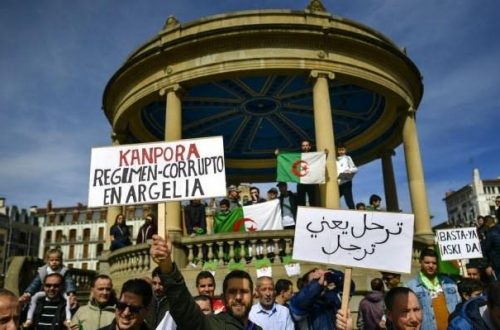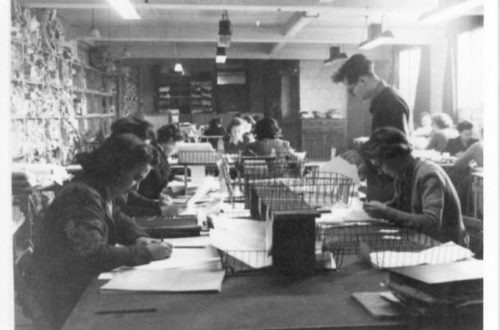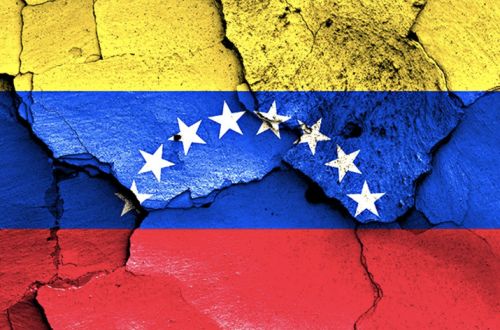Later this month SOAS will be hosting an an event titled ‘Criminalising Islam’. Presumably one focus of the evening will be Talha Ahsan – his brother, Hamja Ahsan, is one of the speakers. That was a complex case, but the inclusion of another speaker, Sulaiman Ghani, suggests that attendees will also be invited to see Aafia Siddiqui as a casualty of ‘criminalising Islam’. Siddiqui has been convicted for attempted murder, was associated with Al-Qaeda – and is also a florid antisemite. Ghani has a number of other unsavoury views – he thinks women should be subservient to men and never assume leadership roles and uses the derogatory term ‘Qadiani’ to refer to Ahmadi Muslims.
Another speaker, Dilly Hussain, is still more upfront in his anti-Ahmadi bigotry. His attempts to back track (a little) on his implied parallel between Ahmadis and monkeys were greeted with deserved derision. Hussain is quick to criticise more secular Muslims as sell-outs, coconuts or simply ‘drunken liberal garbage’. He has also circulated antisemitic cartoons.
Abdullah al-Andalusi of the Muslim Debate Initiative shares Hussain’s ‘normative’ disdain for liberal and secular values:
“The case with democracy is that it doesn’t work, it doesn’t represent the people, it never will, it’s based on some interests where no one is happy, no one has their interests fulfilled and that you have to fight with other people…”
Here he makes it clear that he finds concepts such as democracy, secularism, and freedom un-Islamic:
This is because the Western worldview [or intellectual bank] highly esteems those words, and many Muslims have succumbed to the use of them, in order to placate the demands of Western societies. So we see Muslims use words like Democracy, Secularism, Feminism, Humanism and Freedom, not only to demand justice for themselves, but also as descriptions for aspects of Islam!
Such Muslims obliviously and naively use words impregnated with foreign and blatantly un-Islamic concepts, with the excuse (they tell themselves) that if they assign them a different meaning to the patently obvious meanings they have, they will somehow be ‘ok’ to use.
Here he explains why Islam is superior to democracy.
Islam demands rulers seek your opinion, and not make false promises and lies to get your vote every four years.
But I don’t think that Andalusi’s approved Muslim rulers would be very interested to hear the opinion of those, say, favouring gay marriage.
This event is being pushed by SOAS’s Muslim Students Association as part of Islamophobia Awareness Month.
Bigotry against Muslims certainly exists. But it is ironic that several of those involved in this particular event should themselves be associated with a whole host of bigoted views – against women, Ahmadis, LGBT people, Jews and – some of their fiercest critics – liberal Muslims. Towards the end of this interview Andalusi seems to condone the jizya (although not the death penalty for refusing to pay). It is also ironic that some people (though perhaps not all these speakers, and certainly not all Muslims) complain rather tendentiously about Islam being ‘criminalised’ when they support a system which privileges Islam and enshrines in legislation an array of (disputed) penalties for different kinds of dissenters.


